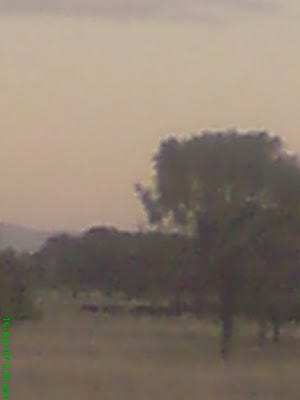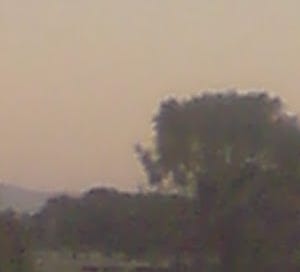

"Writers write badly when they have something to hide. Clarity makes their shaky assumptions plain to the readers - and to themselves. By keeping it foggy they save themselves the trouble of spelling out their beliefs and recommendations for the future. For academics, of all people, this is a disreputable way of going about business, but one that has many uses. Obscurantism spared the theorists who emerged from the grave of Marxism the pain of testing dearly held beliefs and prejudices."
Nick Cohen.
Look at me sideways, I dare you, he said, mortified by the lack of stability; the ceaseless torment of a restless soul; anguished about he knew not what; nothing could be more difficult than these days. Courage, decency, integrity; was that the yarn? He could only try.
THE STORY CONTINUES:
"The night of the Mardi Gras came. He was covering it for the paper. He didn't bother to meet up with the photographer. The night had become so vast it no longer mattered whether words matched pictures. Pad in hand, a couple of drinks under his belt, he wandered down to the beginning of the parade. He picked out old people and those with children, asked them why they were there. They all glowed with enthusiasm. This one event had done more to alter the attitude towards gays and lesbians than anything else.
"Then he tried interviewing people in the parade itself as they stood waiting for it to begin. There were the North Coast fairies, out to have the time of their life, fluorescent tight, crotch accentuating board shorts, brown bodies finely muscled, the drugs already beginning to work. There were the political groups. The AID support groups. The suburban groups. The Bi-sexual Network. The leather queens in cages. Then they were off.
"Armed with his press pass, he walked with them, through the long cheering corridor of people. He remained detached, but it was impossible not to be carried away by the wild exuberance of it all, the eccentric and the wonderful, the Diesal Dykes, the Fruits on Loops, the girls in the pink Chbevrolet. Work it, girls, work it, a loudspeaker admonished. A fat hairy drag queen beamed with exhaustion and excitement at the crowd. A drunken caricature of a builder, the weight of a hammer pulling his working shorts down below his crack, fell over in front of him, staggered to his feet and lurched on. The crowd couldn't contain themselves. Parts of the night, of the visual spectacle, took him to another plane, his own quiet life left far behind."
THE BIGGER STORY:
IRAQ DIGEST
Tribune news services
July 22, 2007
Article Tools
E-mail Print Single page view Reprints text size: SISTANI AIDE SLAIN: A top aide to Grand Ayatollah Ali Sistani was stabbed to death in what Sistani's supporters said was a warning to Iraq's senior Shiite cleric, authorities said Saturday. Abdullah Falaq was killed Friday in his office, adjacent to Sistani's home in the Shiite holy city of Najaf, according to an aide to the cleric. Sistani is considered one of the most influential Shiite leaders in Iraq, and Falaq was his chief adviser on matters of Islamic law.
CALL TO WORK: Prime Minister Nouri al-Maliki urged the parliament to cancel or shorten its summer vacation to pass laws the U.S. considers crucial. Parliament is scheduled to adjourn for August. A statement by the Shiite prime minister's office said he "hoped that the parliament would cancel its summer vacation or limit it" to two weeks.
DEADLY AIR STRIKE: The U.S. military said six militants were killed in an air strike on a Shiite stronghold in northeastern Baghdad, but Iraqi officials and relatives said 18 civilians died in the attack. U.S. officials said the helicopter strike was ordered after American forces came under small-arms fire from a structure late Friday.
U.S. DEATH: The U.S. military announced that a roadside bomb killed an American soldier in Diyala province Friday, raising the U.S. death toll in the war to at least 3,631 service members, according to an Associated Press count.



